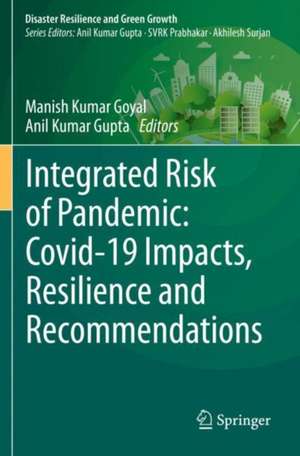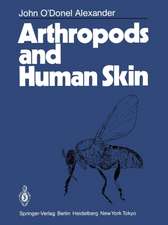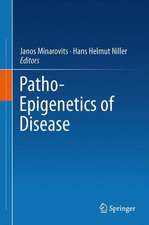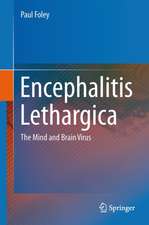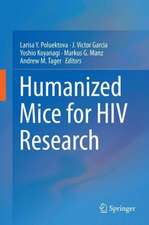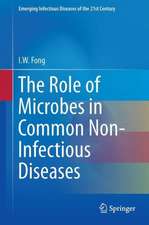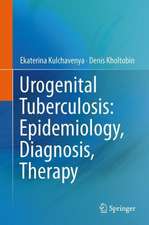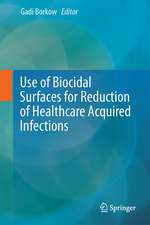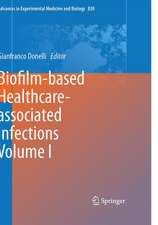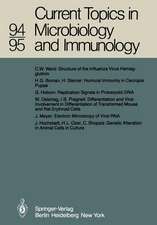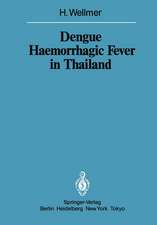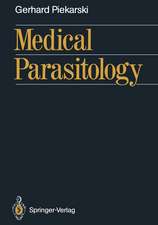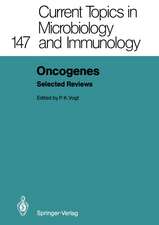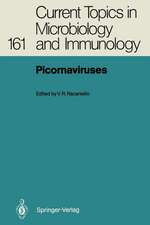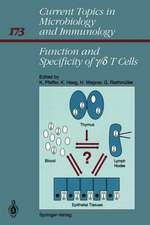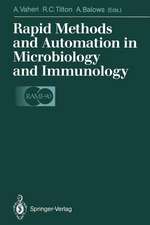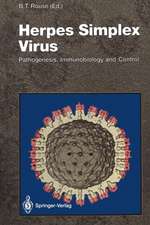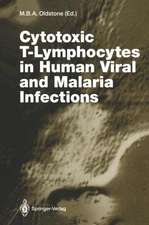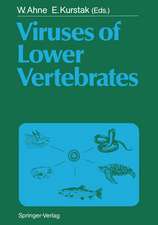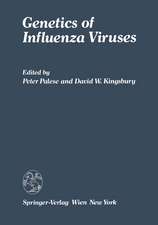Integrated Risk of Pandemic: Covid-19 Impacts, Resilience and Recommendations: Disaster Resilience and Green Growth
Editat de Manish Kumar Goyal, Anil Kumar Guptaen Limba Engleză Paperback – 2 noi 2021
| Toate formatele și edițiile | Preț | Express |
|---|---|---|
| Paperback (1) | 1390.59 lei 6-8 săpt. | |
| Springer Nature Singapore – 2 noi 2021 | 1390.59 lei 6-8 săpt. | |
| Hardback (1) | 1396.74 lei 6-8 săpt. | |
| Springer Nature Singapore – noi 2020 | 1396.74 lei 6-8 săpt. |
Preț: 1390.59 lei
Preț vechi: 1695.83 lei
-18% Nou
Puncte Express: 2086
Preț estimativ în valută:
266.10€ • 284.54$ • 221.86£
266.10€ • 284.54$ • 221.86£
Carte tipărită la comandă
Livrare economică 17 aprilie-01 mai
Preluare comenzi: 021 569.72.76
Specificații
ISBN-13: 9789811576812
ISBN-10: 9811576815
Ilustrații: XVI, 496 p. 111 illus., 93 illus. in color.
Dimensiuni: 155 x 235 mm
Greutate: 0.72 kg
Ediția:1st ed. 2020
Editura: Springer Nature Singapore
Colecția Springer
Seria Disaster Resilience and Green Growth
Locul publicării:Singapore, Singapore
ISBN-10: 9811576815
Ilustrații: XVI, 496 p. 111 illus., 93 illus. in color.
Dimensiuni: 155 x 235 mm
Greutate: 0.72 kg
Ediția:1st ed. 2020
Editura: Springer Nature Singapore
Colecția Springer
Seria Disaster Resilience and Green Growth
Locul publicării:Singapore, Singapore
Cuprins
Chapter 1. Introduction to Virus Outbreaks.- Chapter 2. A Review of Pandemics.- Chapter 3. Bio-Diversity, Ecosystem-Health and Their Relation with Pandemic.- Chapter 4. COVID 19 Threat and the Role of Human and Natural Factors.- Chapter 5. Impact of Pandemics.- Chapter 6. Global Governance of COVID-19: Decline of Public Sphere and Transnational Democracy.- Chapter 7. Psychological Impacts of COVID-19.- Chapter 8. Environment Impact Assessment of COVID-19.- Chapter 9. Impact of COVID in Agriculture.- Chapter 10. Impacts of COVID-19 on Air Pollution.- Chapter 11. Economic Impact of Covid-19 and Challenges of Recovery.- Chapter 12. Impact of COVID-19 on Agro-Food Industry and Transitions Towards Food Security.- Chapter 13. Impact of COVID19 on MSME in Water Sector.- Chapter 14. Transportation and a Pandemic: A Case Study of COVID-19 Pandemic.- Chapter 15. Integrated Risk of Virus Outbreaks.- Chapter16. Understanding Public Health Interventions: Isolation, Quarantine, Social Distancing.- Chapter 17. Technological Advancement and Pandemic.- Chapter 18. Application of Nanotechnology in Detection and Prevention of COVID-19.- Chapter 19. Resilience of Healthcare System to Outbreaks.- Chapter 20. Resilience of Water Bodies to Outbreaks and Disasters.- Chapter 21. Strategy in Water Resources Sector in India Post COVID 19.- Chapter 22. Multi-Hazard Risk Management During Pandemic.- Chapter 23. Enhancing Epidemic Resilience: Planning and Institutional Resilience.- Chapter 24. Lessons from Trans-Domain Assessment of COVID 19 Outbreak.-
Notă biografică
Dr. Manish Kumar Goyal is an Associate Professor in the Discipline of Civil Engineering, Indian Institute of Technology, Indore. His research interests include water resources engineering, GIS and remote sensing applications in water and environment and climate change. He worked as a postdoctoral fellow at Nanyang Technological University Singapore and McGill University, Canada. He serves as an Associate Editor for the ASCE-Journal of Hazardous, Toxic and Radioactive Waste. His contribution fetched him Recipient of ASCE-VIF (2019), Prof R J Garde Research Award, India Society of Hydraulics (2019), Recipient of American Society of Civil Engineers (ASCE)-Best Theoretical-Oriented Paper Award (2018), NVIDIA GPU Research Grant (2018), IEI Young Engineers Award in Civil Engineering Division (2017-18), Indo-US WARI Fellowship Award (2016), DST –SERB Young Scientist-fast track grant (2015), Inspire Faculty award, 2014, Erasmus Mundus Interweave Award, Europe 2014, JSPS fellowship award, University of Tokyo, Japan (2013) and Canadian Commonwealth Scholarship Award.
Dr. Anil Kumar Gupta is a resilience and sustainability strategist, full Professor with India’s National Institute of Disaster Management, New Delhi. He Heads the Division of Environment and Disaster Risk Management and Centre for Excellence on Climate Resilience, projects in hand: CAP-RES (DST-GOI), HER-CAP (WHO), National Agriculture DM Plan (MOAF) and Crisis Management Plan (CPCB), Nodal Officer for Central Ministries, UNCCD, UNFCCC. Previously, he founded Bundelkhand University Institute of Environment and Development Studies as Reader, Head & Director I/C. His pioneering contributions were to national and sub-national policy-planning for disaster management, climate adaptation integration, ecosystem based / NBS for DRR, human resource planning and National contributions towards HFA-2/SFDRR. He implemented many international (GIZ, CDKN, UNDP, UNEP, WHO, NORAD, ISET, ICIMOD)and national projects (MOEF, ICSSR, CSIR, DST), supervised 06 PhDs, has over 140 publications including 20 books/manuals and 50 research/policy papers. He is WMO expert team member on climate statement, IUCN-CEM South Asia CG Member and Vice-chair of Association of Occupational and Environmental Health.
Dr. Anil Kumar Gupta is a resilience and sustainability strategist, full Professor with India’s National Institute of Disaster Management, New Delhi. He Heads the Division of Environment and Disaster Risk Management and Centre for Excellence on Climate Resilience, projects in hand: CAP-RES (DST-GOI), HER-CAP (WHO), National Agriculture DM Plan (MOAF) and Crisis Management Plan (CPCB), Nodal Officer for Central Ministries, UNCCD, UNFCCC. Previously, he founded Bundelkhand University Institute of Environment and Development Studies as Reader, Head & Director I/C. His pioneering contributions were to national and sub-national policy-planning for disaster management, climate adaptation integration, ecosystem based / NBS for DRR, human resource planning and National contributions towards HFA-2/SFDRR. He implemented many international (GIZ, CDKN, UNDP, UNEP, WHO, NORAD, ISET, ICIMOD)and national projects (MOEF, ICSSR, CSIR, DST), supervised 06 PhDs, has over 140 publications including 20 books/manuals and 50 research/policy papers. He is WMO expert team member on climate statement, IUCN-CEM South Asia CG Member and Vice-chair of Association of Occupational and Environmental Health.
Textul de pe ultima copertă
In light of the novel corona virus outbreak in December 2019 and its subsequent impact on entire world as a global pandemic, the book attempts to provide integrated risk assessment on Covid -19 like pandemics, as well as to understand the societal, environment and economic impact of the outbreak in various sectors of development. It covers fundamental factors of global disease outbreaks and its coverage as major disaster through the complexity and severity of consequences, illustrating the dimensions of low frequency high intensity disasters. It brings together broad range of topics including basic concepts, isolation measure, role of governance and key technical advancements for containing the diseases. In addition, it also covers resilience analysis towards the impacts such outbreaks have on bio-diversity, ecosystem services and agricultural food production. It defines key exit strategies from the lessons learned and success stories of historical disease outbreaks. The book is presented in four parts, where part 1 familiarizes with fundamentals; part 2 focuses on integrated risk assessments; part 3 focuses on various measures and strategies of resilience; and part 4 suggests key lessons and recommendations. The book is a useful reading reference for scientific community, policy makers and professionals across the domains of health, environment, disasters and sustainable development. Book is specifically beneficial for postgraduate students, researchers, planners and field professionals.
Caracteristici
Brings global coverage and multi-dimensional perspectives on integrated risk, impacts and resilience of Covid-19 like pandemic possibilities in future Covers all aspects of infectious disease outbreaks to the level of pandemics with illustration of current coronavirus pandemic in detail Provides an evidence-based approach in diagnosis and management of scientific, health, sectoral, administration, multi-hazard disaster risks and community aspects of pandemic impact and resilience building Aims to help policy analysis and discourses on lessons of current pandemic
